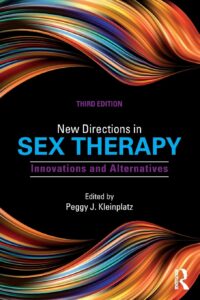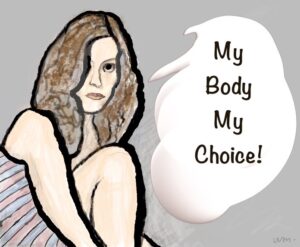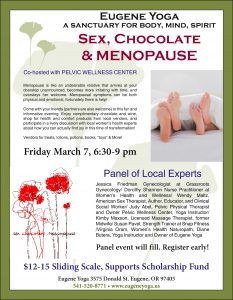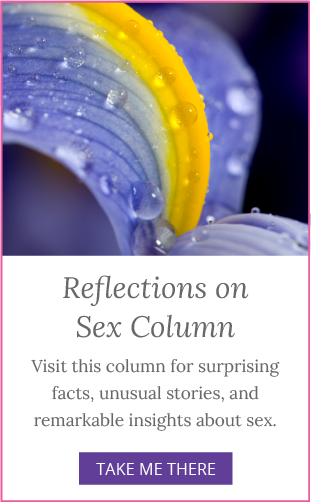Dr. Peggy Kleinplatz has just released the third edition of her award-winning book, New Directions in Sex Therapy: Innovations and Alternatives. It explores new and cutting-edge sex therapy approaches that address the needs of our increasingly diverse, multicultural population. This outstanding book includes many chapters on conventional sex therapy issues, dynamic healing approaches, and ground-breaking techniques written by highly acclaimed sexuality experts.
Wendy Maltz’s newly revised and updated chapter is entitled, “Sex Therapy with Survivors of Sexual Abuse.” It highlights the latest research on the sexual effects of sexual abuse and describes what approaches work best to address them. The chapter presents ten key strategies for sexual healing, includes descriptions of her relearning touch techniques, and provides a research-based understanding of why and how these strategies work to facilitate successful healing from the intimate repercussions of sexual abuse.







